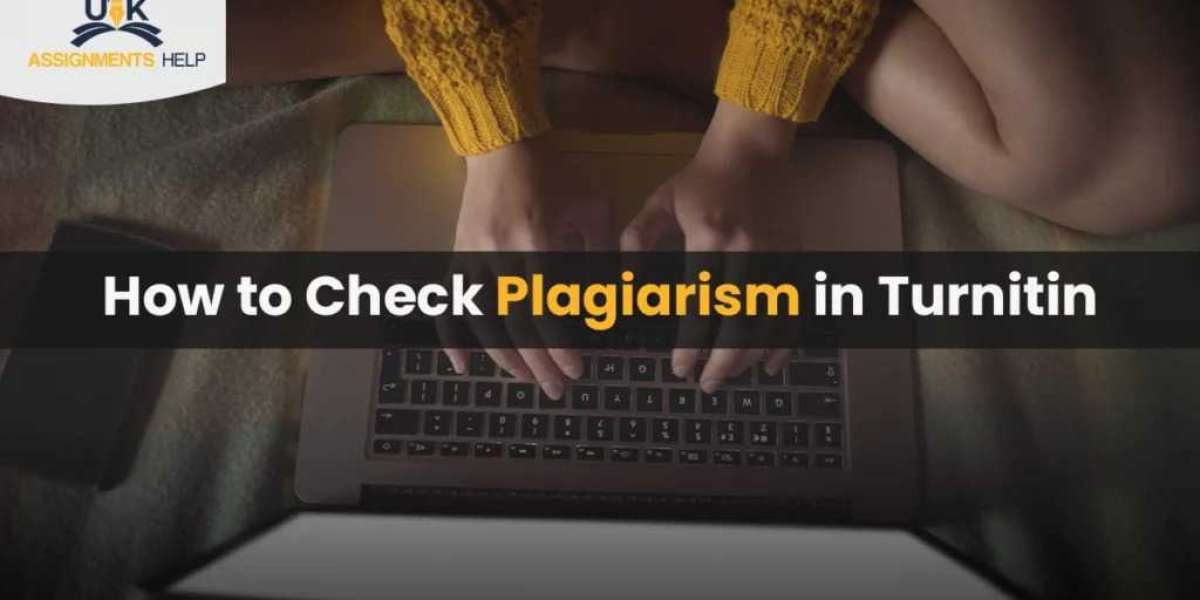Plagiarism can have serious consequences in academics and professional writing. Turnitin, a leading plagiarism detection tool, offers a reliable way to assess originality. If you’re unsure how to check plagiarism in Turnitin or want to maximize its features, this guide is for you. We’ll cover everything from accessing the platform to interpreting similarity reports, ensuring your content remains unique and credible.
What is Turnitin?
Turnitin is an advanced plagiarism detection tool used globally by educators, students, and professionals. It scans submitted documents against:
- A vast database of academic papers.
- Online content, including articles and websites.
- Student-submitted papers from institutions worldwide.
Why Use Turnitin for Plagiarism Detection?
Using Turnitin offers several benefits:
- Accuracy: It provides comprehensive plagiarism reports, allowing you to easily see how to check plagiarism in Turnitin.
- Credibility: Ensures your work is original, adding credibility to your thesis.
- Insights: Offers detailed feedback for improvement, helping you refine your work further.
- Acceptance: Recognized by academic institutions globally, ensuring your work meets international standards.
How to Check Plagiarism in Turnitin
Step 1: Access Turnitin
To get started, follow these steps:
- Visit Turnitin’s official website.
- Log in using your credentials (provided by your institution or as an individual user).
- Navigate to your dashboard.
Step 2: Upload Your Document
Once logged in:
- Select the assignment or submission folder.
- Click “Submit” to upload your file.
- Choose the file from your device or cloud storage. Supported formats include
.doc,.pdf,.txt, and.rtf.
Step 3: Wait for the Similarity Report
- After submission, Turnitin processes your document.
- The Similarity Index is generated, typically within minutes.
Step 4: Interpret the Similarity Report
Key Features of the Report:
- Similarity Score: Displays the percentage of matched text.
- Color-Coded Highlights:
- Blue (0%): No matching text.
- Green (1-24%): Minor matches.
- Yellow (25-49%): Moderate matches.
- Orange (50-74%): Significant matches.
- Red (75-100%): High matches—requires immediate review.
Breakdown of Sources:
- Click on each highlighted section to view matched sources.
- External links to original sources are often provided.
Turnitin Similarity Report: Tips for Better Understanding

Common Terms in the Report:
| Term | Meaning |
|---|---|
| Similarity Index | Percentage of text matching external sources. |
| Excluded Sources | Content excluded during analysis (e.g., references, quotes). |
| Unique Matches | Text sections exclusively matching one source. |
How to Reduce Plagiarism Before Submission
Avoid high similarity scores by:
- Paraphrasing: Rewrite text in your own words.
- Proper Citations: Credit original authors.
- Quotations: Use quotation marks for direct quotes.
- Proofreading: Review thoroughly to ensure originality.
- Plagiarism Checkers: Use additional tools like Grammarly or Copyscape for pre-checks.
FAQs
1. Is Turnitin Free to Use?
No, Turnitin requires a subscription or institutional access. However, some schools provide free access to students.
2. What is a Good Similarity Score?
- Below 10%: Ideal for most academic works.
- 10-25%: Acceptable but may need some review.
- Above 25%: Requires immediate revisions.
3. Does Turnitin Detect Paraphrasing?
Turnitin can identify poorly paraphrased content, making it essential to use original phrasing.
4. Can Turnitin Store My Submissions?
Yes, Turnitin stores submissions in its database unless otherwise specified by your institution.
Advantages and Limitations of Turnitin
Advantages:
- High detection accuracy.
- Detailed feedback.
- Widely accepted by institutions.
Limitations:
- Requires subscription or access.
- Cannot detect ideas or arguments rephrased entirely.
Best Practices for Using Turnitin
- Submit Early: Allow time for revisions based on the similarity report.
- Review Sources: Address flagged sections responsibly.
- Stay Updated: Familiarize yourself with your institution’s plagiarism policies.
External Tools Complementing Turnitin
For additional assurance, consider using these tools:
- Grammarly: Enhances writing clarity and checks for minor plagiarism.
- Copyscape: Ideal for web content duplication checks.
Final Thoughts
How to check plagiarism in Turnitin doesn’t have to be daunting. With the right approach, Turnitin can help refine your work, ensuring it meets academic or professional standards. Stay proactive, make use of Turnitin’s features, and always aim for originality.

